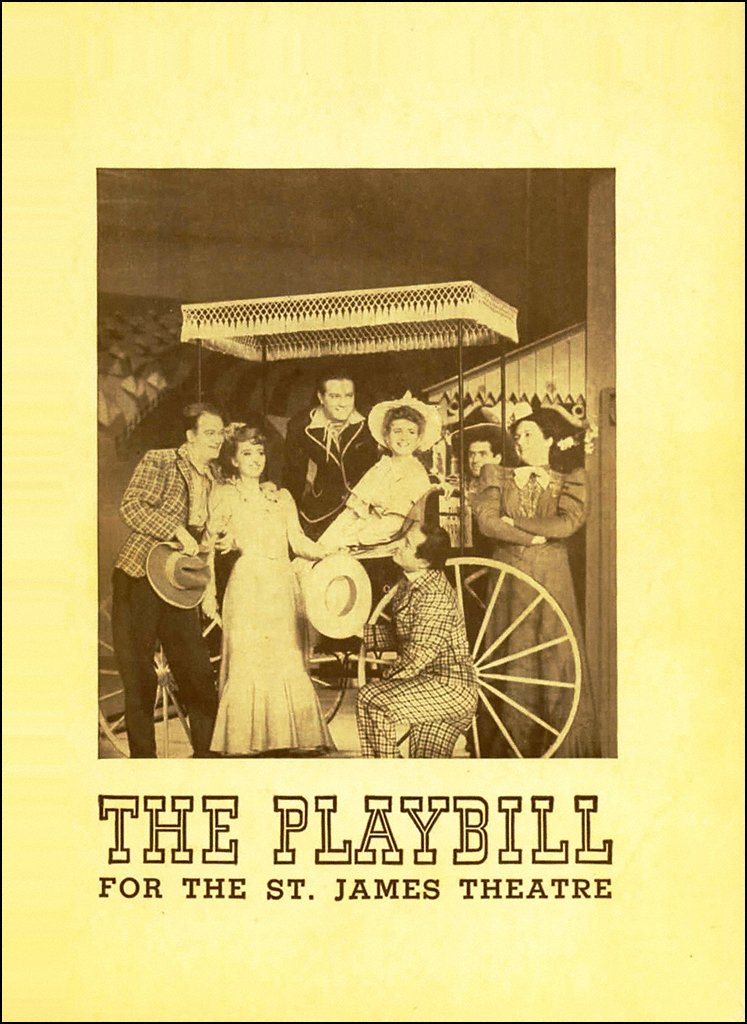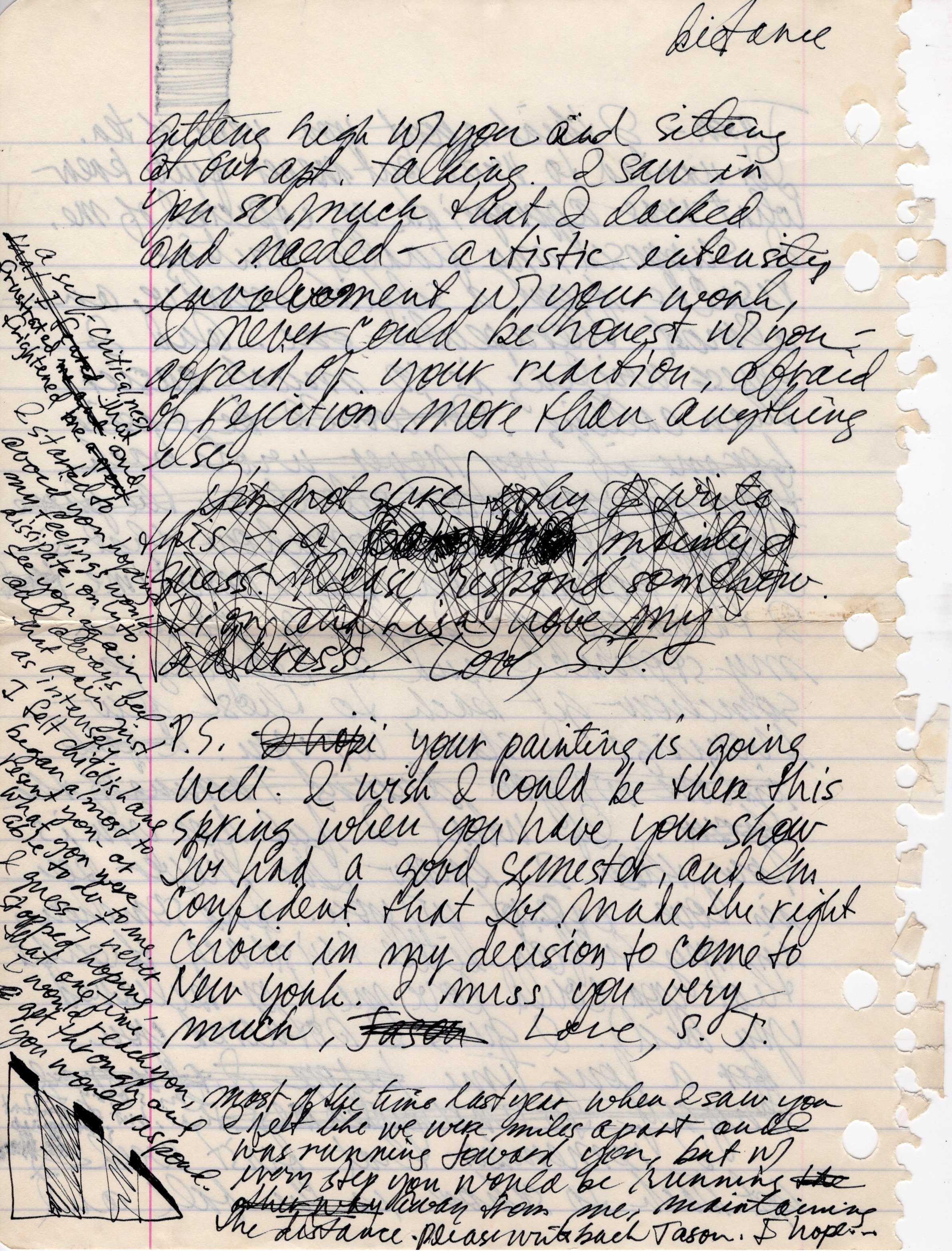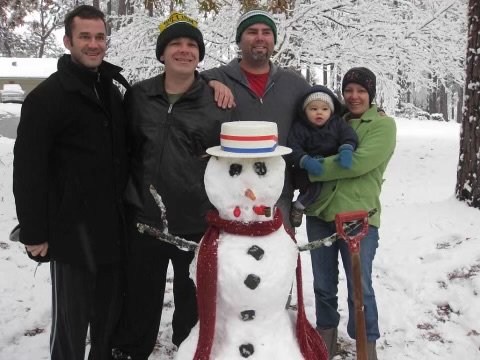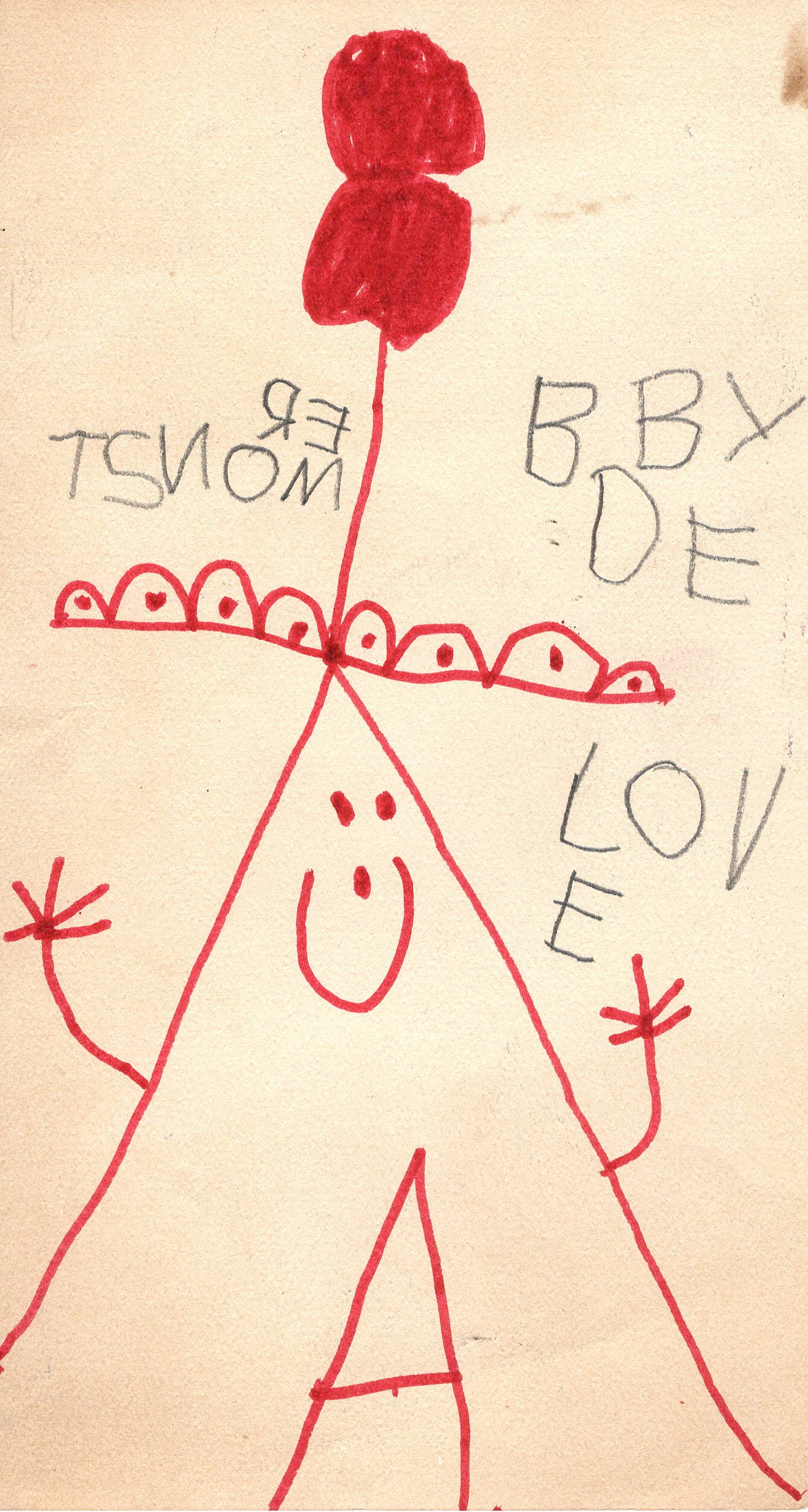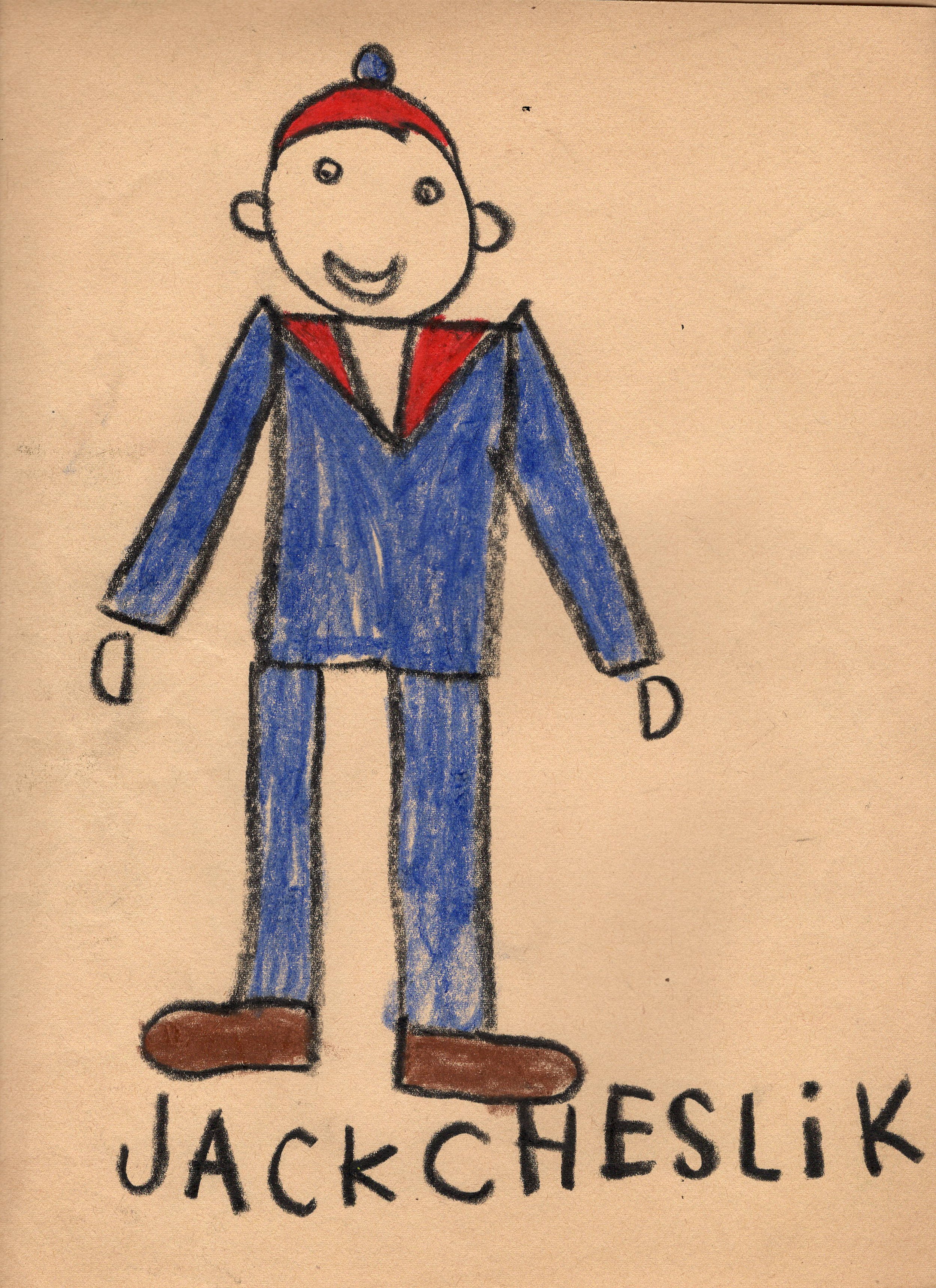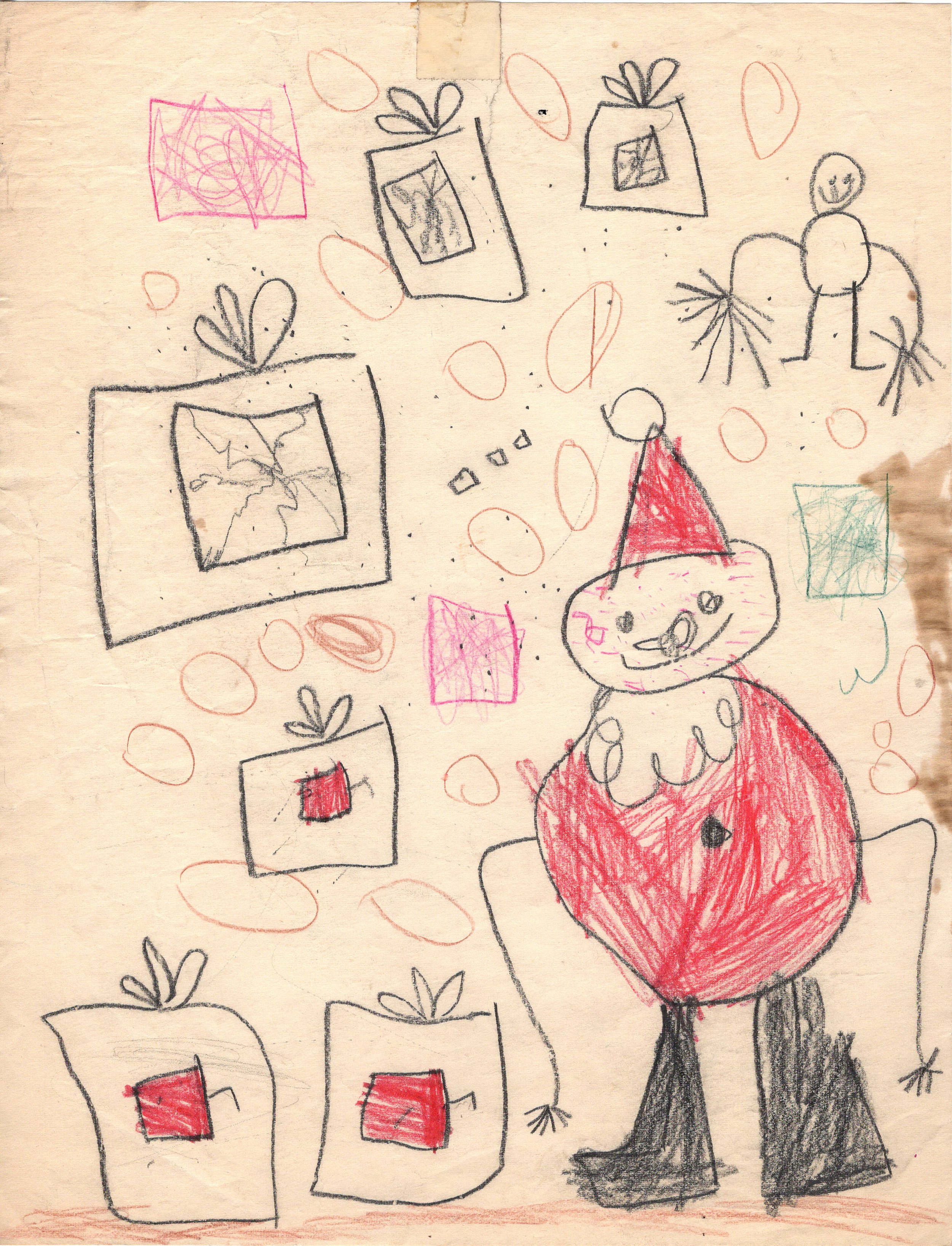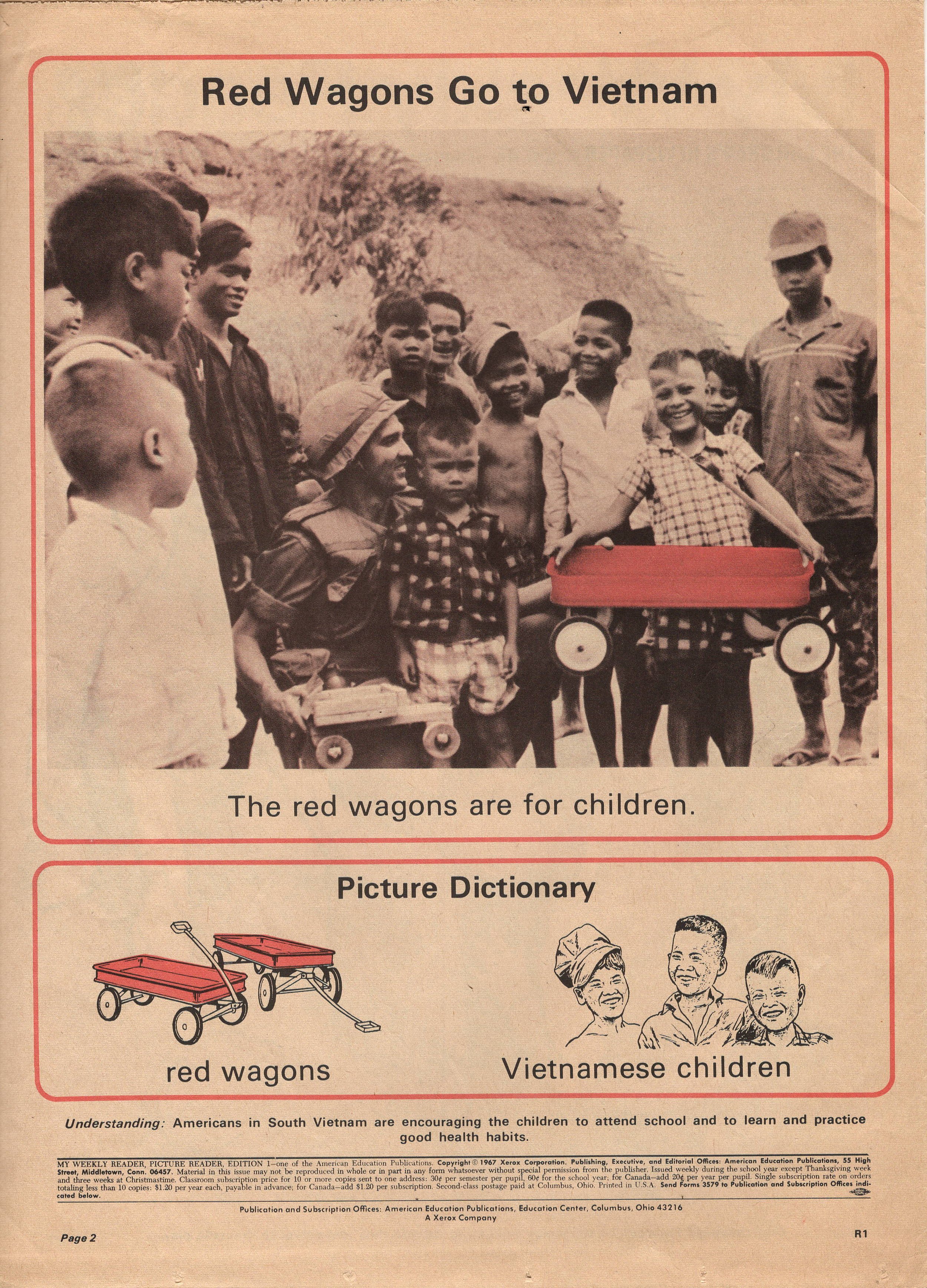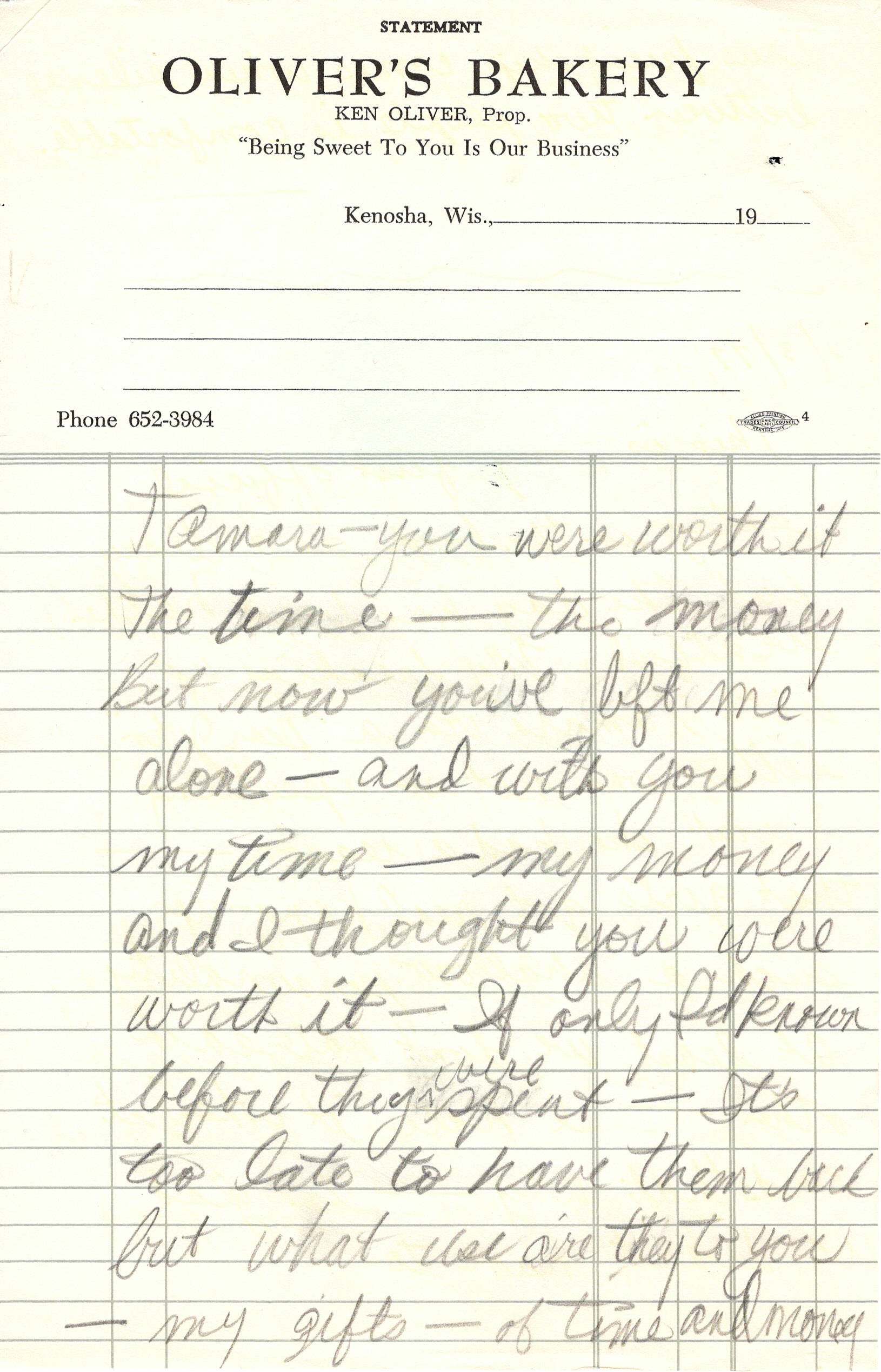Last night Chan and I had tickets for a show in midtown and my new glasses are ready for me to pick up on E. 56th St., so my plan was to leave the apartment in time to pick up my glasses, meet Chan for dinner at the little burger joint (I think it’s actually called Burger Joint) hidden in the lobby of a fancy rich people hotel on 56th St., and then walk down to the theater for a 7:30 curtain. Perfect.
But when I walking out the door at 4:30 it suddenly occurred to me that the optometrist was not going to be open after 5:00, duh. I should have been thankful that I’d realized this before I got all the way uptown but I was just annoyed that I was going to have to make a special trip which is the exact thing I thought I’d so ingeniously avoided.
We still met at the burger place, which I’m not going to link to because it’s almost a secret, nearly invisible, and such a great place, just really good burgers and really good fries, and beer. Before the pandemic it was always mobbed (but so good it was worth battling the crowd), but last night it was just bustling in a normal, reasonable way. I hope it’s doing enough business to stay afloat. When our burgers arrived, the server brought 3 orders of fries by mistake. We’d only ordered two and had even thought about ordering one to share because it’s a lot of fries.
There were two young guys sitting next to us and we asked them if they wanted the extra one, but they didn’t, they’d just ordered their own. As we ate, we couldn’t help hearing their conversation, it’s New York, they were like 3 feet away. They’re co-workers, one had recently discovered that the other was “a Christian,” so apparently they’d decided to start up a friendship. Okay. People are Christians, whatever. I think they worked in some kind of financial field, maybe lawyers. The taller, whiter, more dominant of the two hates it when he misses his morning time with the Lord because how can he bring his commitment to serve the Lord to his projects at work if he doesn’t begin the day affirming that commitment? Every sentence out of his mouth had 3 or 4 “the Lord”s in it. He started talking about his Bible study group that someone had invited him to, and he thought it was a men’s group (“I don’t need another men’s group, I’m looking for my wife!”), but he decided to go anyway. At the beginning of the first meeting there were just 4 men but then women (or “girls” as they call all female humans no matter their age) started arriving. Then 30 minutes into the meeting, a woman arrived late, he liked the look of her, and then, when he noticed that she was carrying a bag of Chick Fil-A, he knew she was “his girl.” I guess now they’re engaged or whatever they call it in Gideon.
I was so tense listening to this that I could barely speak, or I should say I could barely say anything that wasn’t sarcastic, passive-aggressive, and nearly audible to them.
Between dinner and the theater we passed a big Chick Fil-A store on 6th Avenue. They seem to be everywhere you look now. It’s like an occupation. For the most part I’ve made my peace with how New York has changed since I moved here. Things change, not often for the better, there’s not a whole lot I can do about it, and I still love this city. But at times the infiltration of suburban values punches me in the gut. One of the things the two Christian bros in the burger joint talked about was how hard it is to be a Christian in a secular city, how hard it is to meet people with “your values.” And as we walked, Chan and I wondered what that must be like, and I said I thought there were probably more of them here now than say 30 years ago, because I never had to listen to that kind of horseshit while I ate dinner back then and now there’s a fucking bigot chicken stand on every other corner in midtown. Chan guessed there were probably less of those people here now, I disagreed, and we argued, a stupid argument that was likely my fault because oh my god was I in a mood.
I try to be generous and open-minded, but I don’t welcome those people here. Or I should say, let them come but leave your “values” at home. I left the Midwest to get away from that. I don’t want to listen to their asinine conversation. The only thing I want to do around them is watch my back.
(The Chick Fil-A remark was revealing though. Because I avoid people like that and so don’t often get to observe them in the wild, I don’t get to hear what they talk about to each other. I’ve often wondered if they consider Chick Fil-A as a sort of tribal marker in the way that we do. If I encounter someone who avoids Chick Fil-A, I know I can trust that person not to be an anti-gay bigot. They’re my people. When “Christians” encounter someone who DOES patronize Chick Fil-A, they know that person supports anti-gay bigotry. Their people. But what I’m wondering is: they could get their shitty little chicken sandwich two blocks away, so why were they fouling our hip little burger place? That’s the thing about those people. They are not happy with their own stuff, they want OUR stuff, too.)




